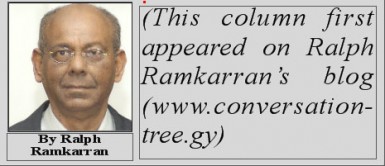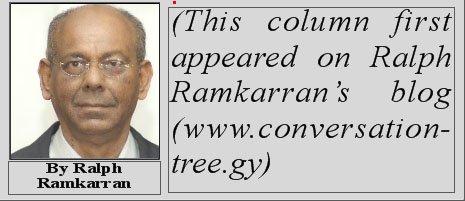 Wracked by dissention and uncertainty, compounded by the dismissal of Vice President Emmerson Mnangagwa, known by the nickname of ‘Crocodile’ which he embraces, the army on Wednesday occupied strategic points in Harare, the capital of Zimbabwe, and deposed President Robert Mugabe, aged 93 and in power for 37 years. The army, led by General Constantino Chiwenga, said that it was not a coup. It appears as if efforts are being made to attain a peaceful and lawful transition of power from Mugabe to a government led by Mnangagwa.
Wracked by dissention and uncertainty, compounded by the dismissal of Vice President Emmerson Mnangagwa, known by the nickname of ‘Crocodile’ which he embraces, the army on Wednesday occupied strategic points in Harare, the capital of Zimbabwe, and deposed President Robert Mugabe, aged 93 and in power for 37 years. The army, led by General Constantino Chiwenga, said that it was not a coup. It appears as if efforts are being made to attain a peaceful and lawful transition of power from Mugabe to a government led by Mnangagwa.
The unfolding events, as they became known, show that Mnangagwa was true to his nickname. In collusion with the army, he was patiently awaiting an opportune moment to move against Mugabe who appeared determined to promote his wife, Grace Mugabe, a deeply unpopular ZANU-PF official, who represents the post-liberation ZANU-PF group, G40, to succeed him. This would have resulted in the sidelining of the army and the veterans. There was open, verbal, warfare between these two distinct sections of the Zimbabwean ruling class. The people of Zimbabwe, downtrodden by poverty, have been unmoved by what is clearly a palace dispute.
Robert Mugabe led Zimbabwe to freedom in 1980 after a

